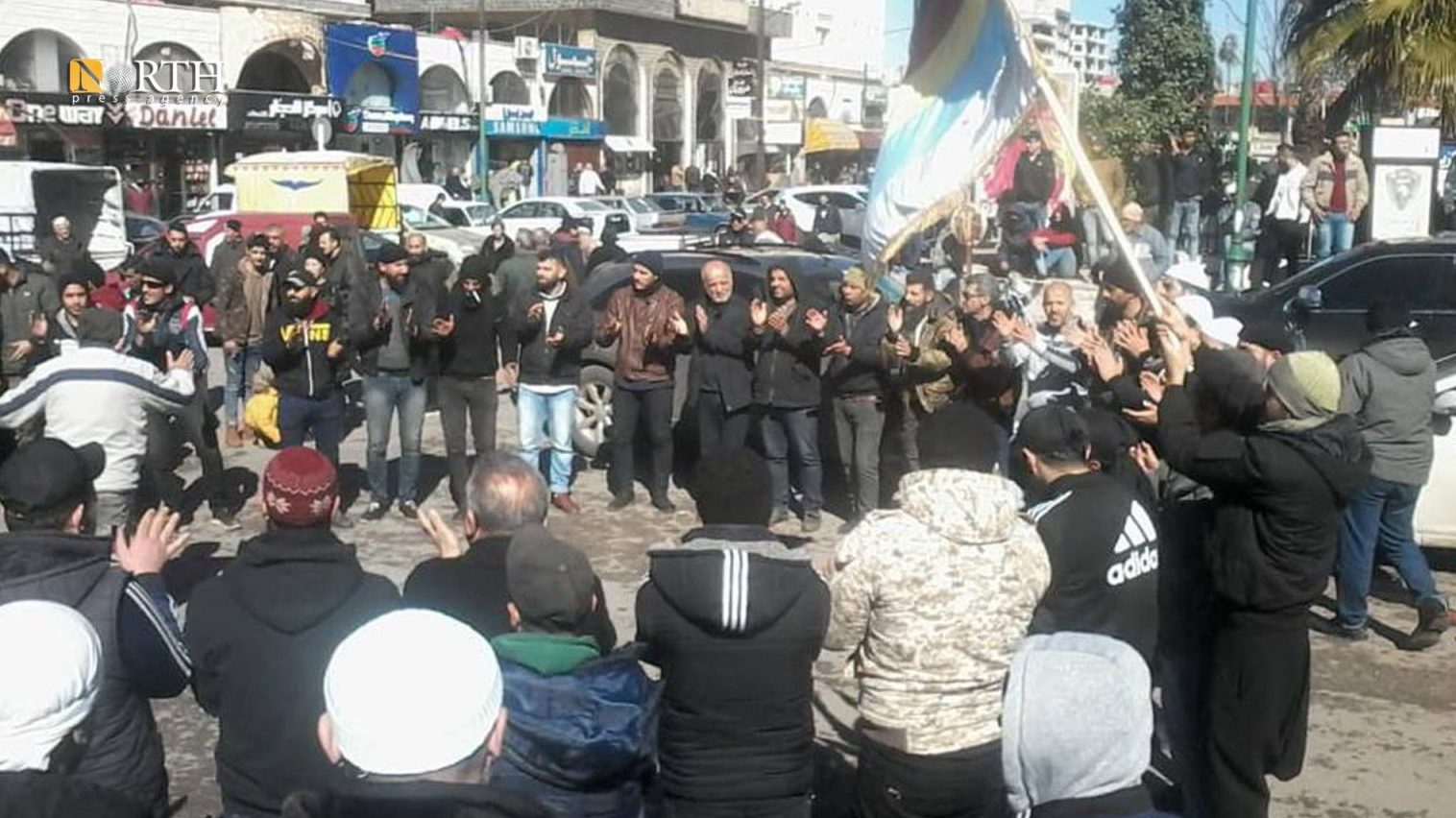Residents of Syrian government-held areas used to prepare for the celebration of Ramadan days before, where they bought basic materials and foodstuff, but this year most of them dispensed with several materials and lessened the quantities they used to buy due to the high prices.
Before Ramadan of this year, the prices have gone crazy. The residents blame the traders accusing them of greed.
Shop owners agree that the purchasing activity this Ramadan is not like that of the previous years, as it is witnessing a reduced demand for purchasing.
Previously, especially before the depreciation of the Syrian Pound against the dollar, the residents bought large quantities of vegetable oil, conserves, and grains. However, they are now buying only a bottler of vegetable oil and a few kilograms of supplies, according to shop owners.
Read Also: Reduction of Bread Allowances for Syrians in Ramadan
Last Ramadan, the exchange rate was 2,500 Syrian pounds (SYP) against the dollar, but today, one dollar equals about 3,900 SYP.
“All raw materials are imported, so it is normal for the prices to increase by about 300%,” a Damascus-based economist said.
As for electricity, the price of one ampere of the generator per week increased to reach 15,000 SYP against a 10-hour operation a day. While one liter of diesel in the free market reached 4,000 SYP.
Both the residents and traders hold the Syrian government responsible as it is unable to secure sufficient quantities of fuel and foodstuff.
For more than a year, the Syrian government-held areas have been suffering from a severe shortage of fuel and other necessary materials.
On January 30th, the Syrian government excluded thousands of Syrian families from the subsidized “ration card”. Approximately 596,628 families, who used to benefit from the ration card, were ruled out (15% of the families that were granted the government subsidy, but the figures indicate more than 16%)
The question remains in Syrians’ minds is that “How long can they stay that way?”
This article was edited by The Syrian Observer. The Syrian Observer has not verified the content of this story. Responsibility for the information and views set out in this article lies entirely with the author.


